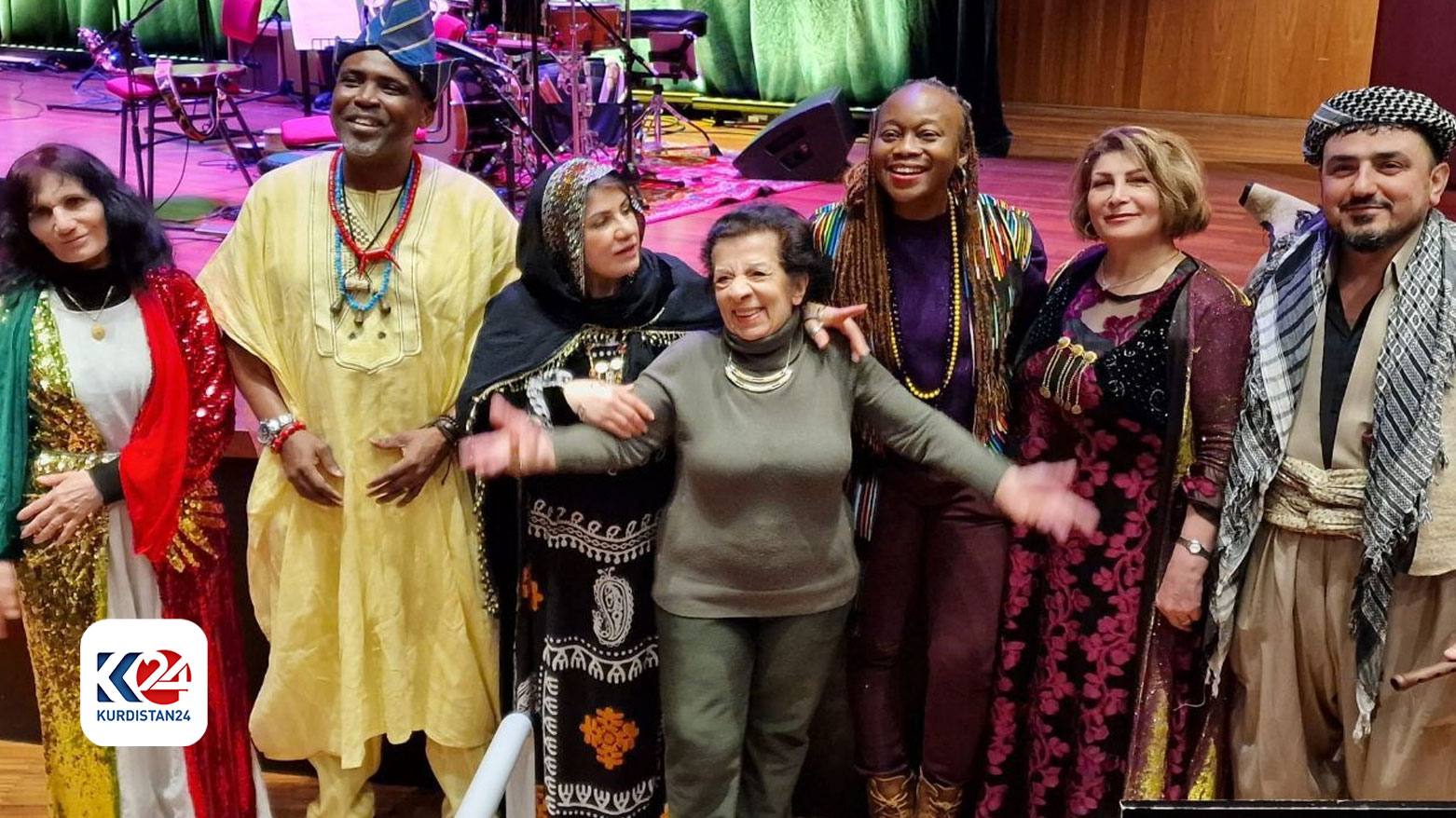Kurdish artist participates in annual festival in the Netherlands

ERBIL (Kurdistan 24) – Karwan Hamid Halaq, a Kurdish artist and musician, has been living in the Netherlands for the past 15 years. While far from the homeland, he has been one of the outstanding representatives of Kurdish culture.
Halaq has participated in countless music festivals, carnivals, and concerts. While on stage, he appears in the traditional Kurdish attire. “It is always a great honor to wear the traditional Kurdish attire for these festivals”, he tells Kurdistan 24.
He also gives some description on the works he has been doing as part of an orchestra called “Catching Cultures Orchestra”. He says, “This upcoming festival consists of inter-cultural orchestras. This in itself speaks volumes about the insistence on the importance of coexistence and love among different people with different cultural, ethnic and racial backgrounds.”
The number of musicians participating in the festival could reach 100. “There is also a second orchestra group called Koor Duniya”, says Halaq, which he is a part of.
As he explained further, “the main goal of the festival is to demonstrate and display the circumstances in which many refugees live. It attempts to show the other side of a refugee life, the side that normally stays hidden. Refugees also marvel at the scent of a flower or taken by the soul of music. A refugee, like any other human being, feels the beauty of life and avoids violence.”
“Music could be reptilian,” he says. “It does not have wings but it could take you through alleys, towns, and countries. It could show love, decency and humanity to others. That is why, when I play my balaban instrument, I gladly participate as a refugee.”
He feels it is his, and all others, duty to represent Kurdish culture, language and its attire. “We need to work to introduce the Kurdish nation so that we could tell the world that we exist. We have been able to show the beauty of Kurdistan to the world, I believe.”
